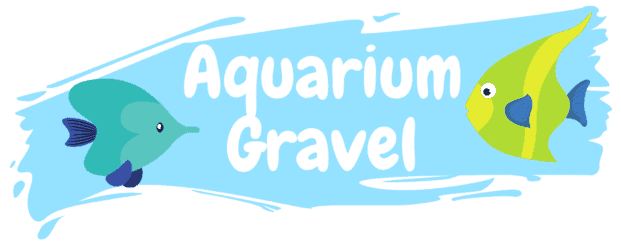Last Updated on January 13, 2022 by cmoarz
There is nothing worse than when you realize your aquarium is infested with hydra. These brainless hunks of evil prey on small fish and fry and are a real burden, especially in a breeding tank. So, One way to get rid of them is to put something in the tank that will eat them. Will bladder snails eat hydra? And if not, What eats a hydra?

Will Bladder Snails Eat Hydra
Table of Contents
Will bladder snails eat hydra? That’s a great question. It would stand to reason that the best way to remove hydra from your tank is to use something that will eat them up and leave nothing behind.
And you would be right, it’s good in theory and practice.
So what about bladder snails, They’re pretty common in people’s tanks, and they help clear out algae and other detritus floating around. So do bladder snails eat hydra as well?
Sadly, the answer is no. Bladder snails won’t eat hydra while they are still alive. In fact, it’s more likely the hydra will eat the bladder snail or it’s young.
Now there is an exception to this.
When a hydra dies or becomes sick and frail for whatever reason, bladder snails will consume them. The problem is getting the hydra sick enough to where it’s an easy meal for the bladder snail.
So in conclusion, if you have bladder snails will they eat hydra? No. You need something better adapted to that type of food source.

Do Snails Eat Hydra At All?
Yes! In fact, many snails eat hydra. Ramshorns, pond snails, Spixi snails, mystery snails, apple snails, and nerite snails.
So while bladder snails might not be the best choice for eating hydra, other snails are!
Personally, I recommend a nerite. They won’t breed in freshwater (only brackish water) so you won’t have to worry about an infestation. They are great algae vacuums and will take care of any hydra they come across.
Their size also makes them much more fun to watch than a bladder snail.

What Eats a Hydra, Is There Anything I Can Put In My Tank For This?
Aside from snails, there are several species of fish that will enjoy snacking on a hydra. The most common is the Gourami.
Other small fish such as certain species of guppies and betas will also eat hydra. However, it should be noted that hydra will eat any small fish fry that happens to be born in the tank and it’s a risk to add these fish into the tank if you intend on breeding them.

How Did I Get Hydra In My Tank In The First Place?
The most common way people end up with hydras in their tanks is from the accidental introduction from aquarium plants you buy at a pet store or from a private dealer.
These guys will hitchhike on plants and happily live in your tank, preying on small fish fry and newborn snails. They will also eat mosquito larvae, but they prefer live fish as a delicacy.
These things are evil and you can not miss them once you know what to look for, however it is very easy to overlook them as they are transparent and very small. They start off with a body that is shaped like a carrot but will quickly develop into a multi-headed hydra.

Removing Hydra Without Using Fish or Snails
The best way to remove hydra without using fish or snails is to use chemicals and tweezers.
If you’ve got fake plants and decorations, You can soak them in a bath of 10% bleach for 15 minutes. Give it a good scrub and rinse with untreated tap water.
Be sure to get all the bleach off the plants and decorations. Allow to air dry before putting it back into the tank.
For hydra you can’t just pick up and go, You can use a pair of tweezers to grab them off the glass and anything else they are stuck to.
By keeping up constant maintenance you will eventually be able to get rid of all the hydras in your tank.
Warning: Manual removal can be really difficult. Hydras get their name because a piece ripped off will turn into another hydra. It’s terrible. So we definitely recommend you add mollies, bettas, paradise fish, gouramis, or snails to deal with them that way.
You can also use a wide variety of medications to deal with the hydra, But usually, I wouldn’t recommend that unless the infestation is really large, as it’s considered the nuclear option.
About
Owner of AquariumGravel.com and also owner of actual Aquarium Gravel believe it or not! ;). Setting up beautiful aquarium sceneries and habitats since I was very young. Enjoy!
- Web |
- More Posts(290)

